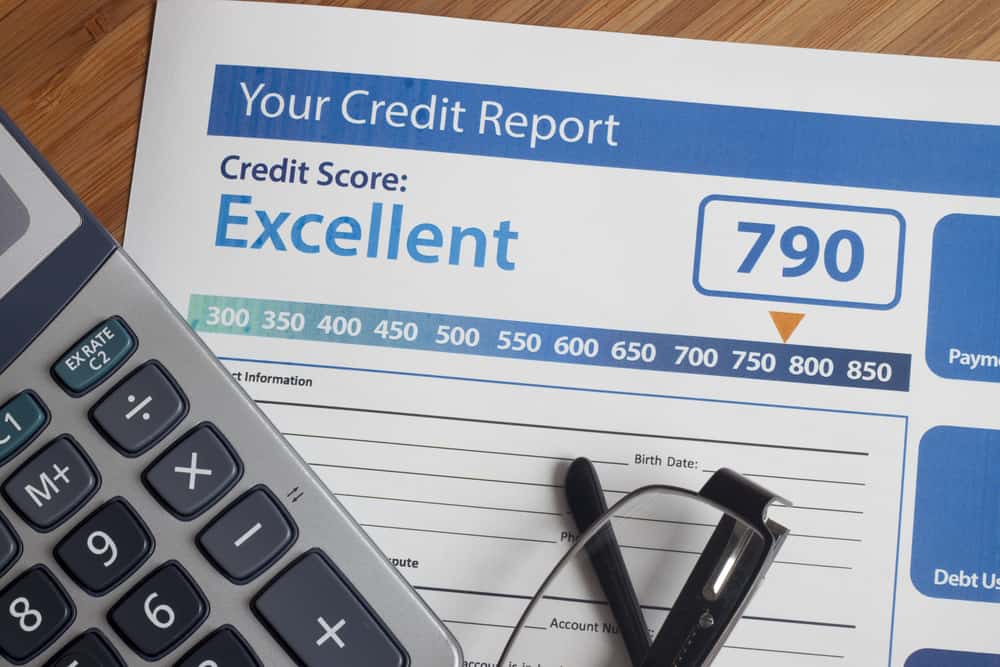As a mortgage banker, I have had many people sit at my desk and tell me they have a good credit score only to pull their credit and find they have a low credit score. In order to get where you need to be, you need to know what is considered a “good” score.
Credit scores can range from 300-850 depending on which rating system you are using. There are many ways that credit scores are determined. A score can be considered good if it is over 700. It is considered exceptional if it is over 800. If your score is below 700 it does not mean that you will not be able to obtain credit but you may have to pay more in interest. Recently, some mortgage lenders have raised their credit score requirements to 700.
| Credit Score | Rating | % of People |
|---|---|---|
| 580-669 | Fair | 17% |
| 670-739 | Good | 21% |
| 740-799 | Very Good | 25% |
| 800-850 | Exceptional | 21% |
Why Are Lenders Changing Their Credit Score Requirements?
Due to the COVID-19 outbreak, there are fears that a wave of foreclosures are on the horizon. That’s because the COVID-19 pandemic has made lenders nervous when it comes to FICO score minimums and they quickly have moved to change the requirements. Purchasing or refinancing your home with the best interest rate, may no longer be an option for people with lower credit scores.

As more and more Americans lose their jobs or see reduced wages because of the virus, the risk of foreclosure goes up. Investors who buy mortgage loans will lose out when that happens. Taking on more risk by lending to lower-credit borrowers is just not in the cards right now. That’s just not something investors (or the lenders who sell to them) are willing to do right now.
Why You Need To Know This
Credit scores are a part of the tools that lenders use to determine risk. Knowing whether or not you have a good credit score will tell you if there is work that needs to be done or if it is a good time to apply for credit. Every credit pull can lower your score so you will not want to apply for credit too often. Often times, we are not prepared for an emergency and will need to utilize our credit to get us through.
Understanding credit scores and lender guideline requirements will put you in a stronger position when you apply for new credit.
Checking your score now can help you to determine if there is work to be done on your credit. Credit Repair can take time. Sometimes six months or even up to a year. It is better not to put off restoring your reputation in case you need credit for an emergency.
Of course, a specific credit score doesn’t guarantee that you’ll be approved for new credit or get the lowest interest rates. Knowing where you stand may help you determine which offers to apply for or which areas to work on before you apply. Knowing where you stand when things are good is helpful when we run into life’s mishaps.
Why Do Credit Scores Matter
Credit scores are not just used to determine eligibility for new credit. They also determine your interest rates and terms.
- People with good credit scores pay less for the money they borrow.
- People with lower scores will often be charged at a higher rate.
- When people are desperate because they are in a bad situation will end up taking those terms even if it is not in their best interest. Buy here, pay here auto loans are a great example.

Having a good credit score gives you leverage when negotiating terms as well. When you have a good credit score you have many options and lenders have to be competitive. There are fewer lenders who will accept bad credit so you have a limited supply of credit.
What Is The Average Credit Score
The average FICO score in America is 695. The average Vantage score stands at 673. Currently, FICO score which is used in 90% of all lending decisions and Vantage are two of the most widely used scoring models in the country. Both models range between 300 and 850.
How Do I Find Out My Credit Scores?
There are several different ways to find out your credit scores.
In order to view your scores, you will have to go to a FICO Score Open Access Program that offers this service. Many creditors are now offering this as a free service for their customers. Discover will show you your Experian FICO Score at no charge even if you are not a customer!
You can request a free copy of your credit report from each of three major credit reporting agencies, Equifax®, Experian®, and TransUnion® – once each year at AnnualCreditReport.com or call toll-free 1-877-322-8228. However, you will not be able to see your scores.


